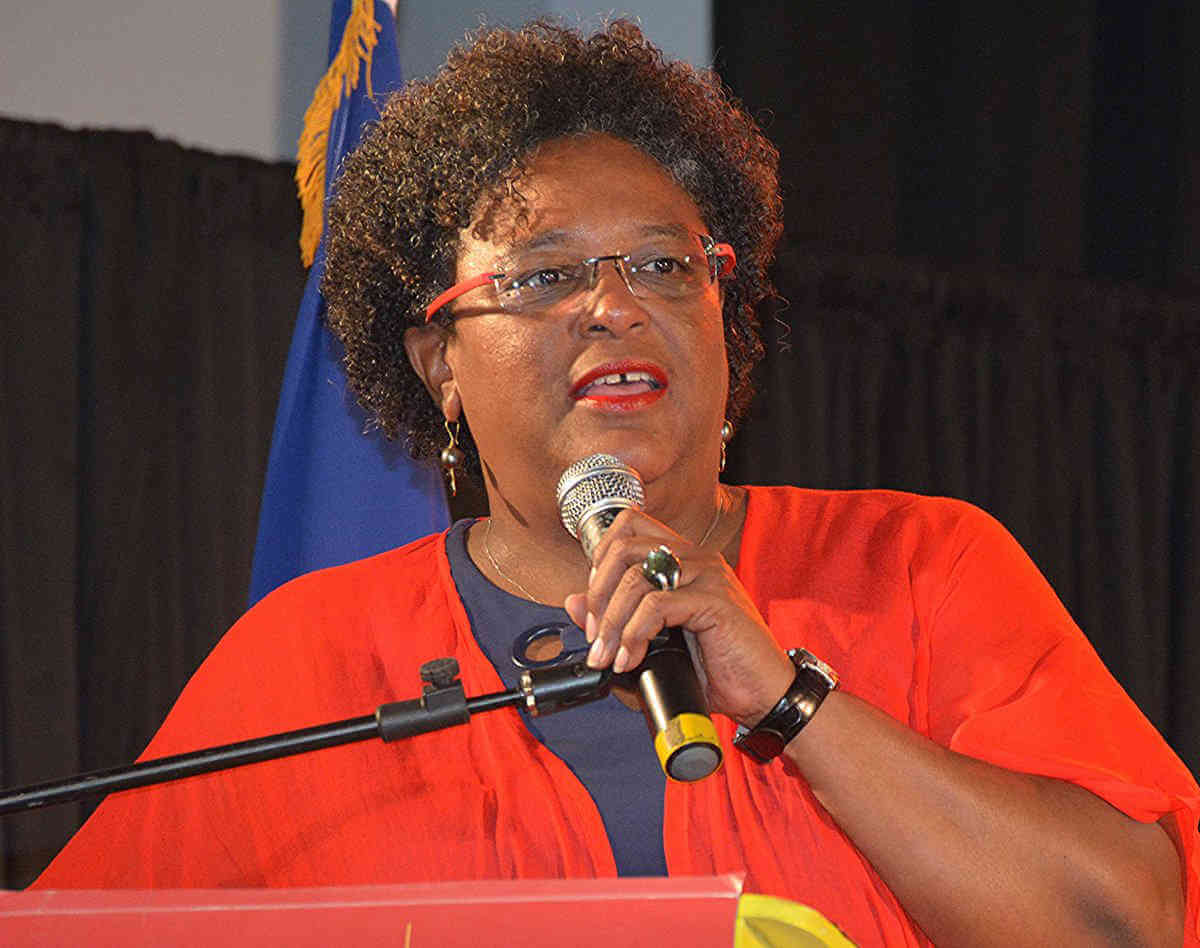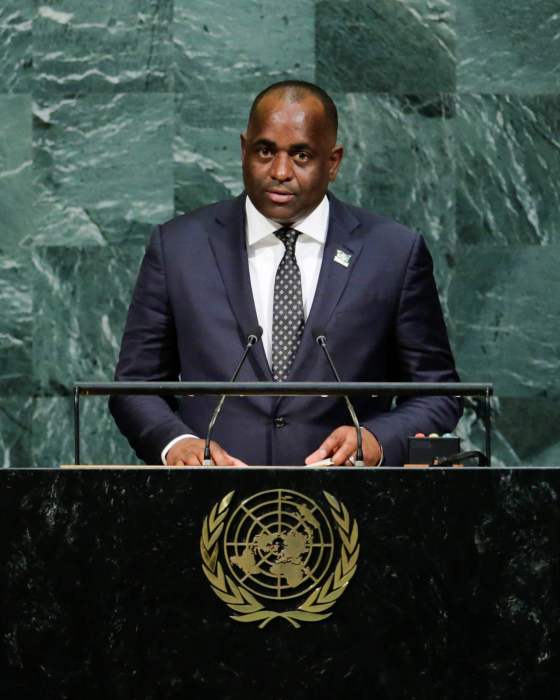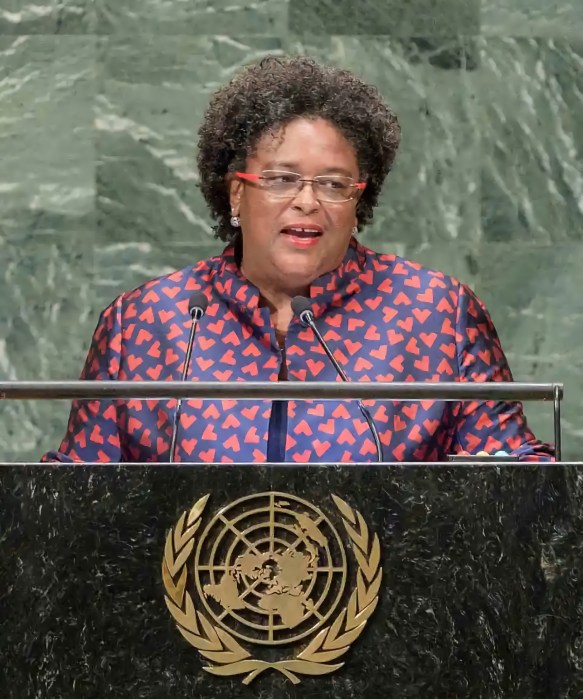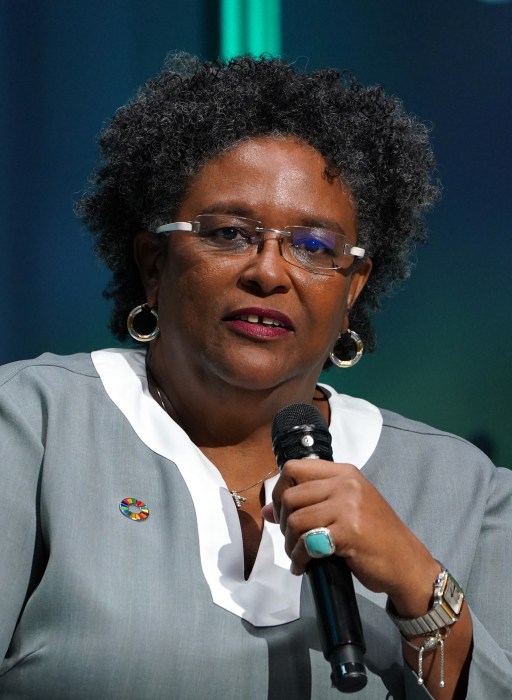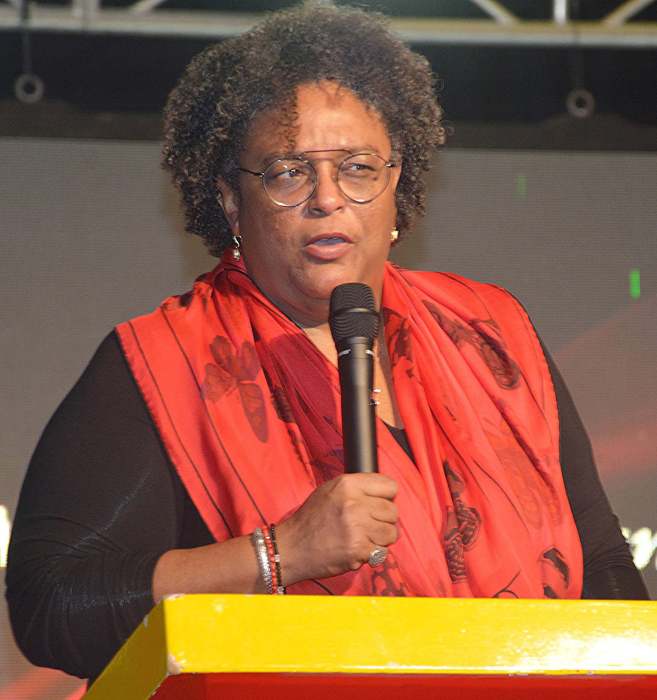Barbados had two international credit rating upgrades in 60 days, bucking a 10-year trend of some 22 consecutive downgrades, but a clear sign that the economy is not out of the woods is a recent projection that it will perform below other regional economies in 2019.
In fact, the Economic Commission for Latin America and the Caribbean (ECLAC) does not merely forecast a below par performance for Barbados, but this United Nations organisation stated that the island is the only one that will not measure up to even a full single digit growth in its economy this year.
ECLAC has reported that Barbados’ growth will be fractional at 0.5 percent.
Hurricane ravaged Dominica on the other hand is set to lead the way, and is far ahead of its peers, in projected economic growth at 9.0 per cent.
Antigua and Barbuda take up the distant second with 4.7 percent growth, closely followed by Guyana at 4.6 percent.
The others making up the list of CARICOM member states in the ECLAC projection are Grenada at 4.2 per cent; St. Kitts and Nevis, 4.1 per cent; St. Lucia, 2.9; Haiti, 2.8; Suriname, 2.8; Bahamas, 2.2; Belize, 2.1; Jamaica, 1.8; Trinidad and Tobago, 1.6; and St. Vincent and the Grenadines 1.5.
It is worth noting that this measurement of economic growth reflects only a calculation of the extent my which economic activity expands relative to its performance last year.
It does not speak to the size of individual economies, which is a calculation of volume of goods and services generated in a given year, GDP.
The CARICOM countries’ growth projection, among those for the wider Caribbean and Latin American, comes against a picture of what the UN organisation terms ‘economic uncertainties’.
It stated that far from waning these uncertainties, “will intensify and will arise from different fronts. This will have an impact on the growth of the economies of Latin America and the Caribbean, which, on average, are seen expanding 1.7 percent.”
“The greatest risk to the region’s economic performance over the coming year continues to be a sharp deterioration in the financial conditions facing emerging economies.”
In spite of lagging behind the region, the rate of turnaround of the Barbados economy may prove ECLAC’s projections off target as the groundwork is currently being laid for a resurgence in foreign investment through drastically lowered taxes, and smaller and more efficient government.
Barbados slashed its across-the-board corporate levy from 30 percent to no more than 5.5 percent in response to a European union dictat to countries with a sizeable offshore business sector.
Being among the first countries, or the only one, to respond to this EU demand that came with a threat of punitive sanctions, Barbados expects a rush in 2019 by international business corporations fleeing high-tax jurisdictions and at the same time seeking to keep their countries in line with the European demand.
Moving from the mid-year doldrums of only $221.5 million in foreign reserves, the island under a new government more than doubled that amount to close the year at $522 million.
In a year end message Prime Minister Mia Mottley had confidently said, “Barbados is on the road again. Barbados is this evening, punching once again, above its weight division.”
The test for Barbados in the year ahead lies in the extent to which it could prove ECLAC’s predictions off target, in a positive way.


